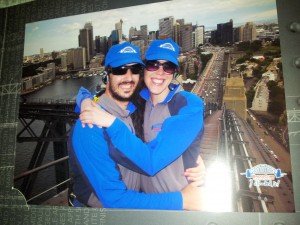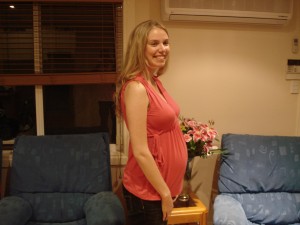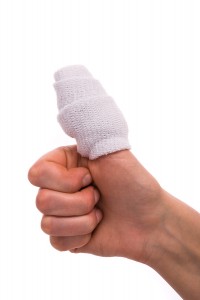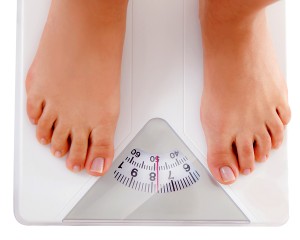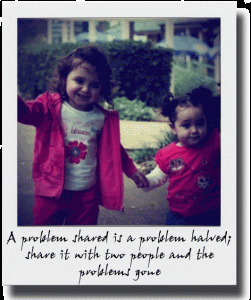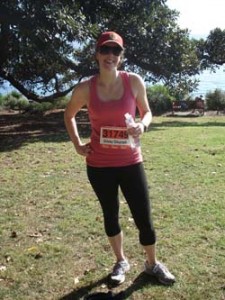I have been very quite on this blog of late! I returned from my epic European adventure and hit the ground running at uni and work. I now only have three weeks of uni left until I complete my degree and begin full time work.
Spending seven weeks sitting on a bus for up to eight hours a day have done little for my health and with everything so busy since I got back I haven’t done much exercise at. When I begin my full time job I want to get back into some sort of exercise routine, and I’ll keep you updated on my progress in the coming weeks.
I’ve been spending a lot of time lately looking into ovarian cancer for an article. Before I started my research and interviews I knew nothing about this silent killer. Ovarian cancer is the uncontrolled growth of malignant cells in one or both ovaries.
The symptoms of ovarian cancer include abdominal bloating, lower back pain and changes in bowel or bladder habits – health complaints experienced by many women on a monthly basis. This makes successful diagnosis by even the most experienced doctors difficult. These symptoms often also indicate that the cancer is at an advanced stage, with ovarian cancer being the most common cause of death from a gynaecological cancer. The five year survival rate for women diagnosed with ovarian cancer is 40%, compared to breast cancer which has an 88% survival rate. As an early detection test is not currently available, researchers are working to identify markers that will help to detect ovarian cancer in earlier stages to improve the survival rate. Pap smears do not detect ovarian cancer.
I had the opportunity to speak to some ovarian cancer patients and their families, and it was difficult to keep a dry eye. Most of the women had experienced symptoms but were misdiagnosed, their concerns attributed to busy lifestyles, menstruation and age. I was really inspired by their courage and optimism despite their chemotherapy treatments and surgeries, and it made me think about how important having a positive attitude is for enjoying life and recognising what’s important. I’ve been incredibly fortunate that cancer has not touched my life, or the lives of my loved ones or friends, so to hear the first hand experiences of these women made me realise just how fortunate I am!
As difficult as it was for them to tell their stories, all of the women were really excited to get more information into the community, especially as gynaecological issues are often such hard conversations to have with mothers, sisters, girlfriends and doctors. I’m now taking their lead and speaking with as many women as I can about ovarian cancer – make sure you do too!
To make a donation to assist researchers with developing an early detection it, or for more information, visit www.ocrf.com.au

